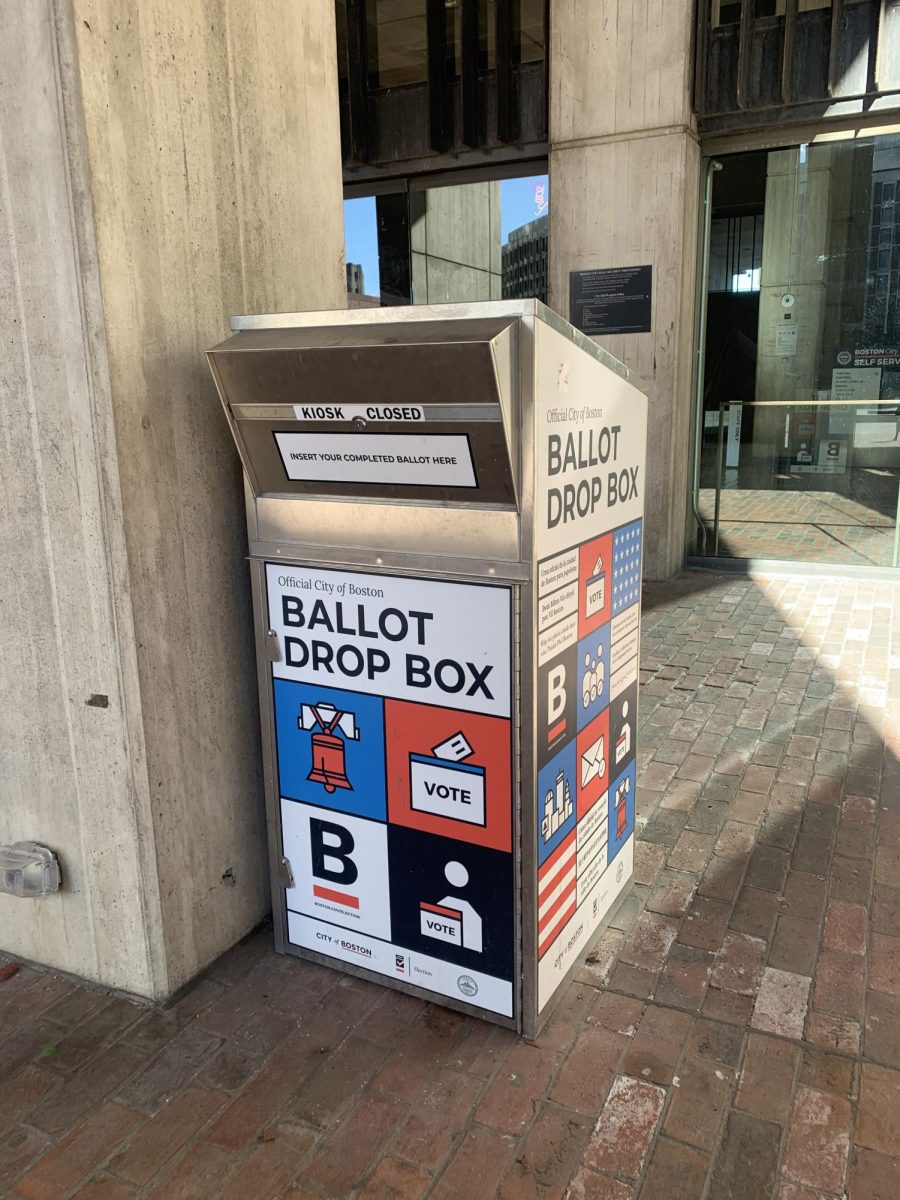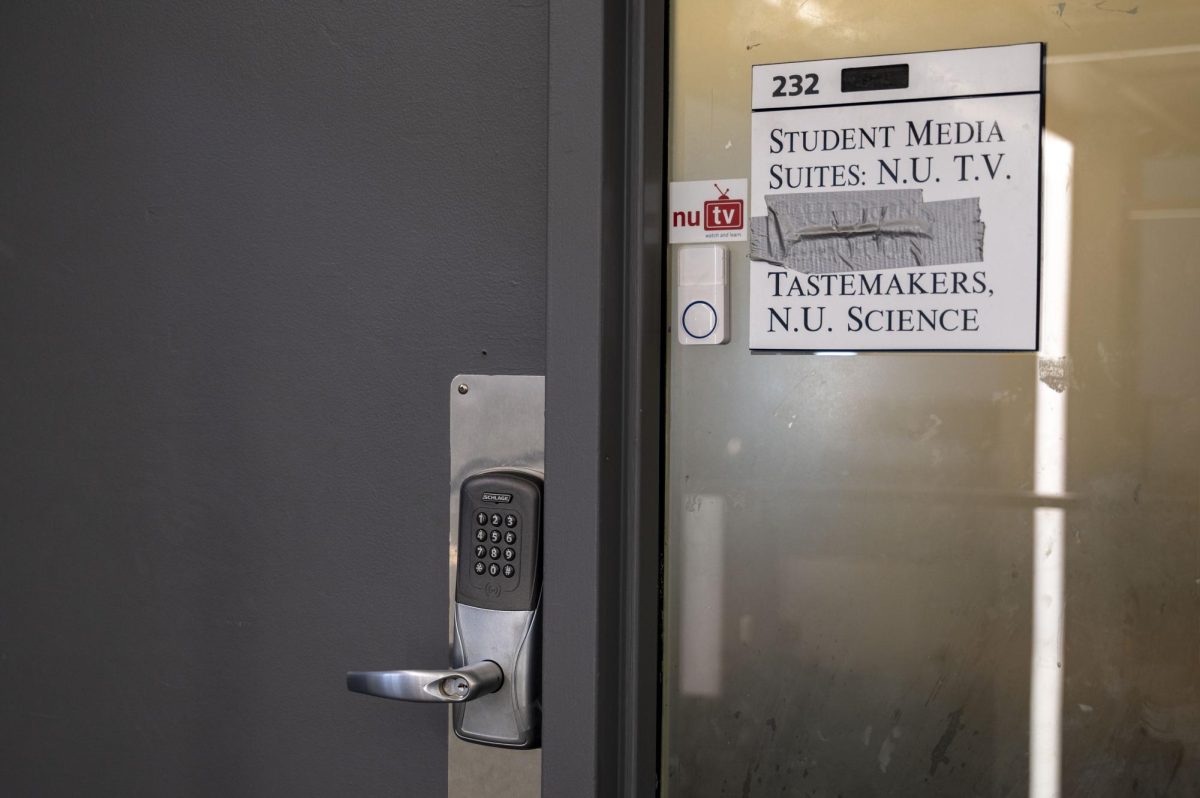As October draws closer, so does that dreaded, first, on-the-date rent payment for many off-campus Northeastern students. Months after all of the initial payments and fees, tenants will now be introduced to an unforgiving monthly deduction from their bank accounts.
With the majority living between the Columbus Avenue area and Mission Hill, it is unlikely that many students will be paying under $1,000 a month after utilities and cable.
Many students look at these rent prices and call them ridiculous. Some compare the rates to their friends’ rates elsewhere and come to the conclusion that it’s just a part of the system — a part of city life. Others believe that it’s just the landlords choosing whatever price they want, in order to make a profit.
Both of these explanations are valid: the cost of living in a densely packed urban city is always going to seem higher than living in more rural areas; and landlords are definitely out to make a profit on their properties, which can lead to questionable procedures when it comes to pricing.
But these explanations only tell half of the story.
To understand why rent in Boston is the way it is, one must understand the alternative option: rent control.
Rent control, in its most basic form, is any measure designed to control or stabilize the prices of renting residential properties. It is most commonly manifested as a rent ceiling or the maximum price a landlord can charge for rent.
In theory, rent control is a noble effort. It’s a measure designed to help the little guy. It operates on the concept that landlords will always seek to make a profit and will adjust their rental prices accordingly without any consideration of the tenants.
But rent control has its flaws. In fact, 93 percent of economists agree that rent ceilings reduce the quality and quantity of available housing according to Gregory Mankiw’s book, “Principles of Microeconomics.”
In helping the little guy, rent control leaves little incentive to the landlord to maintain the property, buy new property or update an existing property. As a result, there are fewer available properties on the housing market, and the quality of those fewer properties diminishes significantly.
Property management is a business, and at the end of the day landlords are trying to make a profit. If rent ceilings are imposed, performing the necessary upkeep on properties becomes much more difficult for landlords, making it much easier to walk away from those properties when they eventually become uninhabitable.
Boston did away with rent control in 1994. In doing so, the city has maintained a stable pool of available housing, and has maintained a certain degree of quality throughout. Students should not take updated appliances and newly painted walls for granted. Rent prices that are responsive to the rising cost of living account for these types of property updates.
While unrestricted rent does not account for a factor like greed, it does help students in one very crucial way: it keeps landlords honest.
With the ability to increase rent prices comes a responsibility to the tenant – a responsibility to maintain the property. Along with this responsibility comes competition. Potential tenants now have multiple options and will not spend their money on poor quality rentals. In other words, landlords have much more incentive to take care of their properties.
Even so, to the ordinary college student on a budget, rent in Boston is high. This is the nature of the business. As the current properties get older, they will require more upkeep and renovations. $1,000 in rent may seem high to most, but it certainly beats dealing with upkeep on your own. It also beats paying the $1,260 a month that Northeastern charges for the majority of its apartment-style housing.
The fact is, rent prices will continue to rise. The system is not perfect but students should rest assured that they are better off this way than with rent control. They should also remain vigilant and be aware of the property they are renting. After all, with rent prices where they are, students need to get the most value for their buck.












